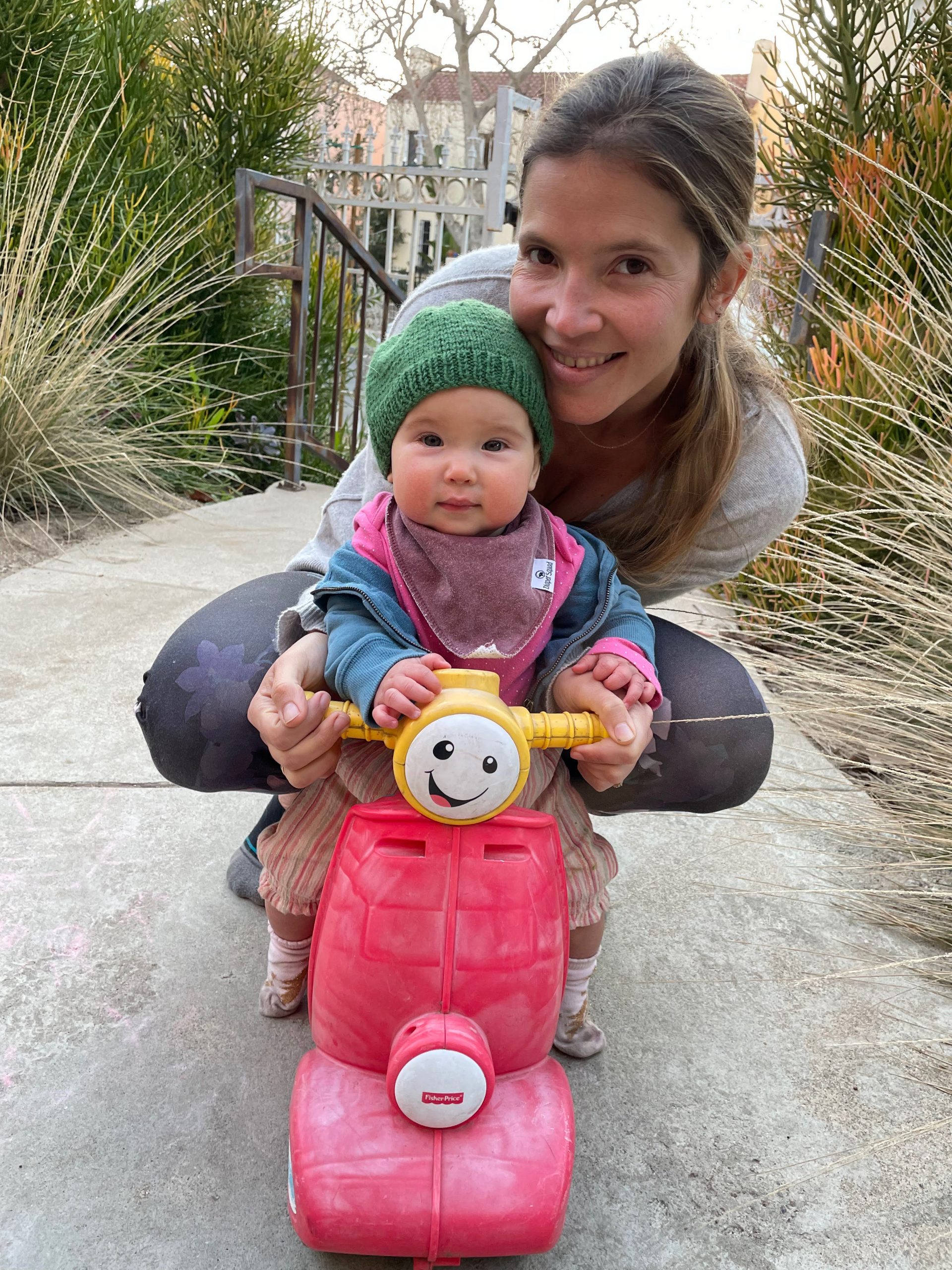The Ingredient An Ayurvedic MD Uses To Unwind After Abnormally Stressful Days
Here's how Kulreet Chaudhary, M.D. winds down.


Neurologist
Neurologist
Dr. Kulreet Chaudhary, MD, is a neurologist, neuroscientist and an internationally recognized expert in the ancient practice of Ayurvedic medicine. She earned her medical degree at Loma Linda University School of Medicine; completed her internship at University of California Los Angeles (UCLA) and neurology residency at University of California San Diego (UCSD).

Image by Alina Hvostikova / Stocksy
May 31, 2023
Our sleep series, The Wind Down, provides a minute-by-minute peek into the wind-down routines that get well-being experts ready for bed. Today, we're relaxing with neurologist and Ayurvedic medicine expert Kulreet Chaudhary, M.D., who treats good sleep as a non-negotiable.
Advertisement
This ad is displayed using third party content and we do not control its accessibility features.
I love to sleep. Meditation, sleep, walking, and cooking are the most important habits in my daily life. It’s very rare that I don’t get a good night’s sleep because I make it such a high priority in my life, especially after missing so much sleep during my medical training and when my son was younger.
In my opinion, there’s no drug, supplement or surgery that makes you look and feel as good as a sound night’s sleep. If we all understood the magic of sleep in bringing our minds and bodies into balance, all businesses would close by 6 p.m. to ensure that everyone gets home in time to have a wonderful night’s rest.
I don’t consider sleep as something that I prepare for in the evenings. Sleep is a byproduct of my daily routine from the moment I wake up to the moment I get in bed. I am gearing up for a restful night sleep when I wake up and meditate because that daily morning meditation practice helps me to stay calm and centered throughout the day so that my mind isn’t riddled with stress by the time I want to sleep.
When I eat a large lunch and small dinner (before the sun sets), it aligns my digestion with my sleep cycle so that I get a deeper rest overnight because my gut is not overworked and struggling to digest a huge evening meal. Taking triphala at bedtime helps my body detoxify while I am sleeping so I wake up feeling refreshed and ready to create another day that ends in amazing, restful sleep.


Advertisement
This ad is displayed using third party content and we do not control its accessibility features.
4:30 p.m.: I am wrapping up all of the details of my work day and starting to shift mental gears to home life.
5:00 p.m.: I do my evening meditation/prayers.
5:30 p.m.: Dinner is cooked and eaten. The ingredients are typically pre-cut and my dinner recipes are super simple and take about 5-10 minutes to cook. Then I fast for about 15 hours before my next meal.
6:00 p.m.: I start getting ready for the next day and I catch up with my son. We usually cut up vegetables together for tomorrow’s meals and I soak the nuts and seeds I eat mid-morning.
6:30 p.m.: Some nights I have my martial arts class and other nights I will exercise at home with my husband and son. My husband and I use this time to hear about our son’s day.
7:30 p.m.: My husband and I go for our leisurely evening walk in our neighborhood and get caught up about our day. It’s a time that we connect as a couple.
8:15 p.m.: I take my triphala tablets and check in on my son before he goes to bed. Then, I brush my teeth, wash my face and check to make sure that the kitchen is all tidied for tomorrow. If there was an upsetting event in the day, I will put ghee on my feet before going to bed to help calm my mind and ensure a deep sleep.
9:00 p.m.: I’m in bed and usually asleep within a minute or so of closing my eyes.
4-4:30 a.m.: I wake up around the time the birds begin to chirp. My morning meditation is my longest meditation of the day so I typically do 30 minutes of breath meditation, 60 minutes of mantra meditation, and 30 minutes of yoga each morning. That is how I love to begin my day.
Advertisement
This ad is displayed using third party content and we do not control its accessibility features.

Kulreet Chaudhary, M.D.
Neurologist
Dr. Kulreet Chaudhary, MD, is a neurologist, neuroscientist and an internationally recognized expert in the ancient practice of Ayurvedic medicine. She earned her medical degree at Loma Linda University School of Medicine; completed her internship at University of California Los Angeles (UCLA) and neurology residency at University of California San Diego (UCSD).
Chaudhary is the author of “The Prime” (Penguin Random House, 2016) and “Sound Medicine” (Harper Collins, 2020); is a pioneer in the field of integrative medicine and is a highly sought-after speaker, researcher and adviser for Healthy Directions. She is the former director of Wellspring Health in Scripps Memorial Hospital, where she successfully combined conventional treatments with Ayurvedic practices of detoxification, diet, and lifestyle management to help patients effectively manage chronic neurological disorders such as multiple sclerosis, Parkinson’s disease, and migraine headaches.
Her program was so successful that it is now used for a wide range of health concerns, including weight issues and chronic disease. Through her integrative approach, Chaudhary teaches her patients about the connection between mind, body and spirit, which impacts every aspect of health both physically and mentally. Learn more at www.DrKChaudhary.com.

 Tfoso
Tfoso 
































